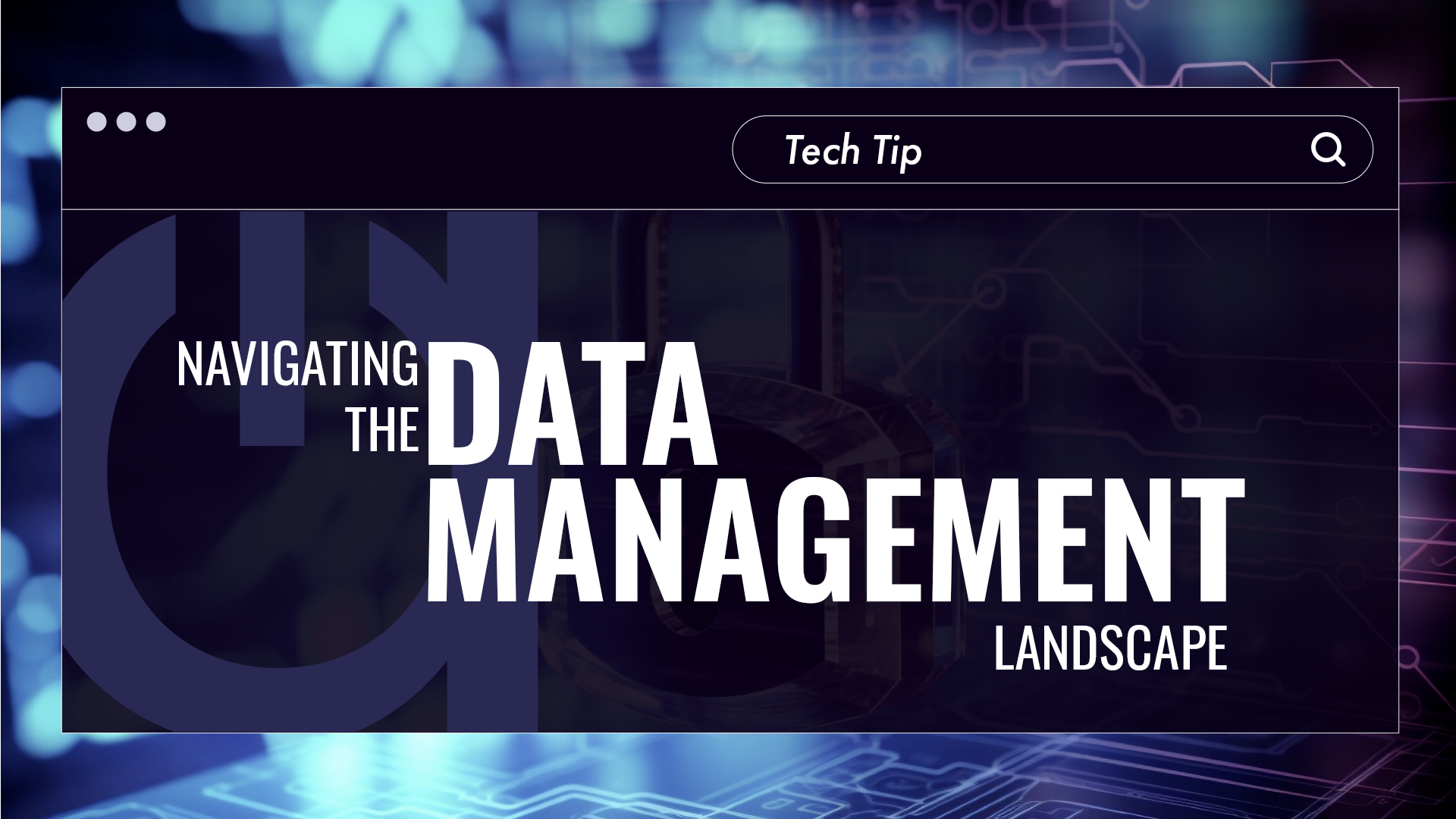Affinity Technology Partners has been named as one of the world’s top-performing managed service providers in the prestigious 2024 Channel Futures MSP 501 rankings. The Channel Futures MSP 501 list, a technology industry benchmark, ranks companies based on their growth, profitability and innovation. This year’s list is one of the most competitive in the survey’s history.
“The 2024 Channel Futures MSP 501 winners survived a challenging market and emerged as the highest performing and most innovative IT providers in the industry today,” said Dave Raffo, MSP editor and MSP 501 project manager. “The most impressive thing about the MSP 501 winners is they deliver for their customers every day. These are the most innovative, driven, and successful MSPs in a fiercely competitive industry.”
“For a managed service provider to attain a spot on the Channel Futures MSP 501 everything must be operating at peak performance. This list represents the most productive, profitable, fastest-growing, organizations in the technology industry focused on driving their customers to new heights.” said Bob DeMarzo, VP Content, Informa Channels.
“These are the best of the best in the managed services industry. The MSP 501 companies are the most sought after by peers who want to understand today’s best practices and by technology suppliers who want to partner with these organizations,” DeMarzo stated. “At their core, these are vendor and platform neutral partners focused on doing what is right for their customers.”
This year, the MSP 501 generated aggregate revenue of nearly $25 billion with average growth or recurring revenue of 19%. Many of their services and technology offerings focus on customer needs in the areas of AI, cloud, security, collaboration, networking, help desk and remote monitoring and management, and are responsible for keeping their global customers safe, connected and efficient.
The Channel Futures media organization, owned and operated by Informa, is the only channel-centric events, media and research company that can provide such insight into the managed services market.
The data collected by the annual MSP 501 helps every company on the list and every provider with a managed services practice, benchmark their performance and uncover new ways to grow.
Background
The 2024 MSP 501 list is based on confidential data collected and analyzed by the Channel Futures research and editorial teams. Data was collected online from February to May, 2024. The MSP 501 list recognizes top managed service providers based on metrics including recurring revenue, profit margin and other factors.
About Affinity Technology Partners
Affinity Technology Partners has been a trusted managed IT service partner to small and mid-sized businesses in the Nashville, TN area since 2002. With the growing risk of cyber-attacks, cloud-based computing, remote work, and constantly changing technology, Affinity provides clients with proactive service including network management, systems administration, cyber security, proactive maintenance, end-user support, and CIO-level strategy. Headquartered in Brentwood, TN, Affinity’s clients include healthcare, legal, financial services, professional services, manufacturing, construction, and non-profit corporations. Learn more at www.affinitytechpartners.com.
About Channel Futures
Channel Futures is a media and events destination for the information technology and communications industry. We provide information, perspective, and connection for the entire channel ecosystem, including solution providers (SPs), managed service providers (MSPs), managed security service providers (MSSPs), cloud service providers (CSPs), value-added resellers (VARs) and distributors, technology solutions brokerages, subagent and agents, as well as leading technology vendor partners and communication providers.
Channel Futures is where the world meets the channel; we are leading Channel Partners forward. Our properties include awards programs such as the Channel Futures MSP 501, a list of the most influential and fastest-growing providers of managed services in the technology industry; Channel Partners events, which delivers unparalleled in-person events including Channel Partners Conference & Expo and MSP Summit. More information is available at channelfutures.com.
Channel Futures is part of Informa Tech, a leading provider of market insight and market access to the global business technology community. Through in-depth expertise and an engaged audience community, Informa Tech helps business professionals make better technology decisions and marketers reach the most powerful tech buyers and influencers in the world. Across its portfolio of over 100+ trusted brands, Informa Tech has over 1000 industry experts, including over 400 research analysts and consultants in global research group Omdia, and a monthly audience reach of over 125 million. Informa Tech is a division of FTSE 100 company Informa plc.





















